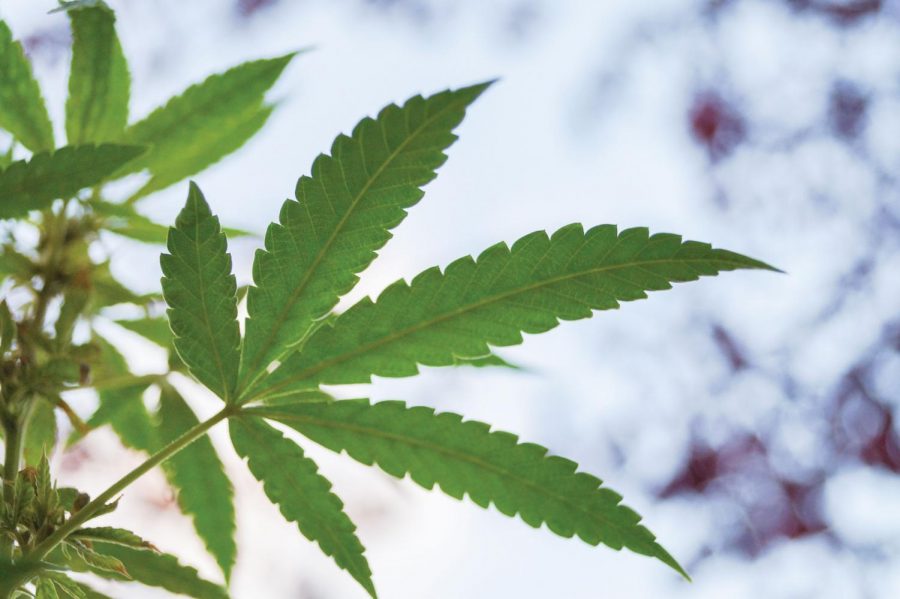Cropping up: Industrial hemp at OSU
November 17, 2015
Following the recent legalization of the recreational use of marijuana, faculty from Oregon State University’s College of Agricultural Sciences are working with the Federal Drug Enforcement Administration to begin the process of researching industrial hemp.
Section 7606 of 2014’s Farm Bill grants institutions of higher education permission to grow and cultivate hemp for research purposes in states where hemp is legal.
According to Anndrea Hermann, instructor of WSE 266 Industrial Hemp, OSU is not requesting permission to cultivate, but rather is going through the process of getting registered and seeking permissions to legally import pedigree hemp seed into Oregon from overseas.
Hemp is commonly used in products including paper, textiles, building and insulation materials, medicine, fuel, food and cosmetics.
According to Jay Noller, department head and professor in crop and soil sciences, the central focus of OSU’s research will be determining whether any of the dozen hemp varieties to be imported will grow in Oregon’s climate. Researchers will attempt to determine what conditions bring about the ultimate yield in size and quantity.
The university’s initial research period of three to five years will gauge the crop’s responses through various weather cycles and assess pressures from pests.
“We think this is very important research for OSU to conduct on behalf of the Oregon agriculture and the economy of Oregon agriculture,” said University Vice President Steve Clark.
Clark looks forward to this project providing wide-ranging research opportunities for faculty as well as students.
Noller said he expects the permissions process to be complete within a matter of months, and anticipates a spring plant date for the first crop.
Though the university will acquire permission relatively quickly, there are more steps to take before the research comes to fruition.
“We still need to acquire the funds to pay for all this, so that’s what stands between us now and really launching the research,” Noller said.
Noller is determined to get the necessary funding in order to compile accurate information.
Stakeholders have expressed their interest in the prospect of growing and cultivating hemp in order to create a new range of products to bring to the agricultural marketplace.
“Our stakeholders would be the existing and the expected future hemp growers, who are typically the people who are already out there farming today,” Noller said. “And this provides them with a new crop, an alternative. Something they can rotate in with their crops that they are used to taking to market.”
Noller said that while the U.S. has access to hemp products that are made overseas, Oregon State and its various stakeholders want more, and are seeking out the many benefits that will come with introducing hemp to Oregon’s agricultural industry.
“We’re looking at basically Oregon businesses thriving, even new ones coming in, and being able to take something that’s Oregon grown, and turning it into something that’s Oregon used,” Noller said.
Faculty in the College of Agricultural Sciences believe the upcoming research will likely lead to collaborative opportunities between departments at OSU.
Noller said, for example, that the Colleges of Pharmacy or Public Health may eventually show interest in the medicinal uses of hemp, or the College of Forestry may be interested in hemp as a wood-like, fiber-based product that can offset the use of plastics.
Hermann, who has studied hemp for over 20 years, is enthusiastic about the role of Oregon State in the development of hemp as a feasible crop in the U.S.
“Having the opportunity to see OSU and the crop science department step up in a role of positive leadership is really inspiring, to think about the wide gamut of research that could potentially result from this one effort,” Hermann said. “It’s really important, and I think it shows that Oregon State is invested in the success of agriculture within the state, and does want to play a role of leadership and mentorship to help develop a potential hemp industry there.”
























































































































